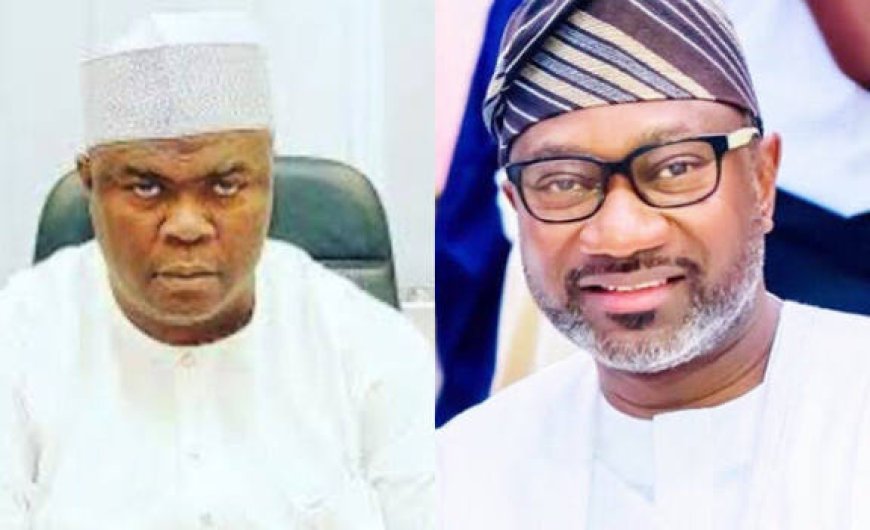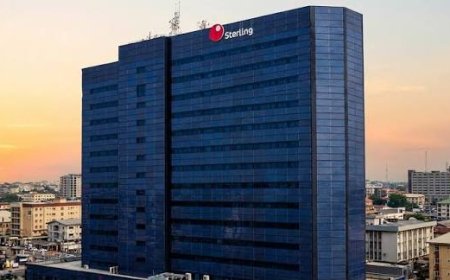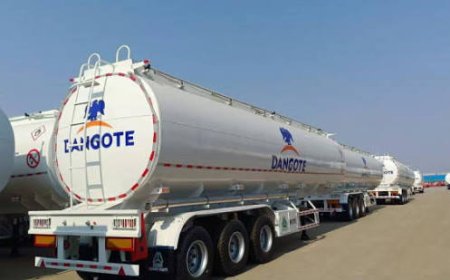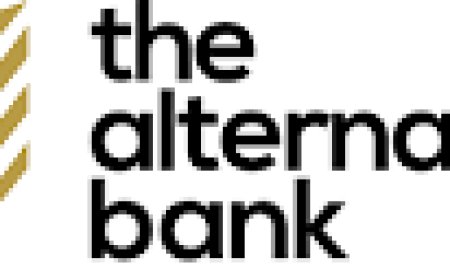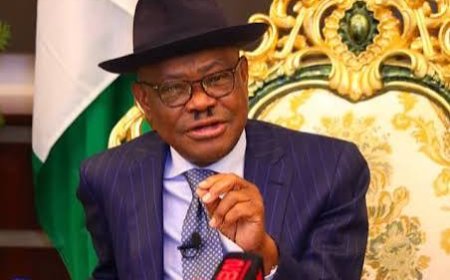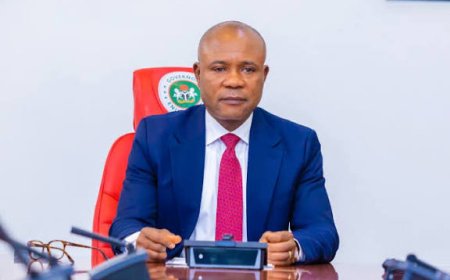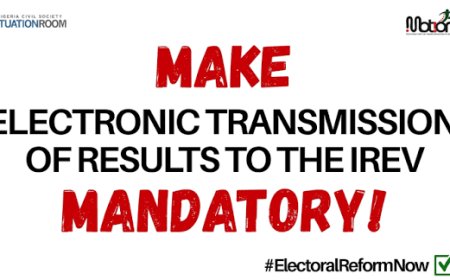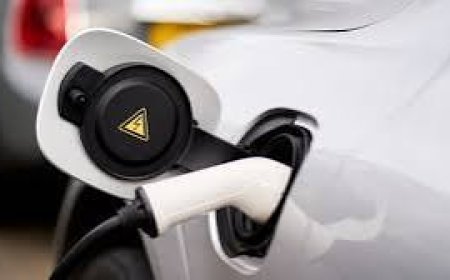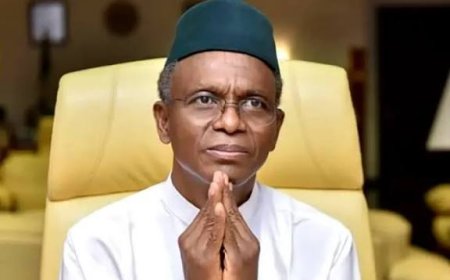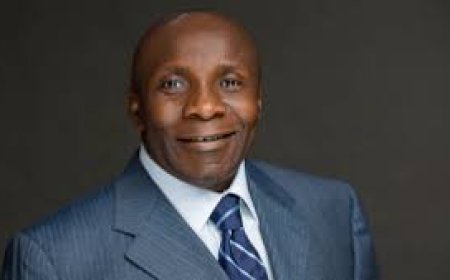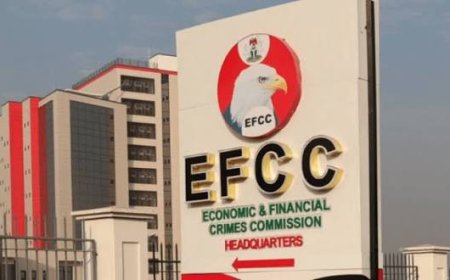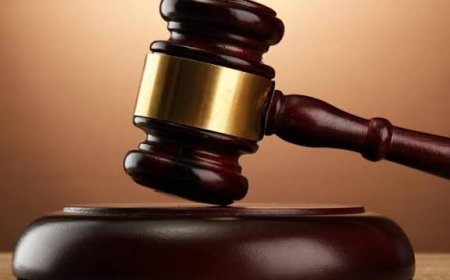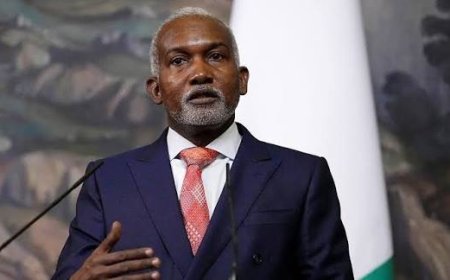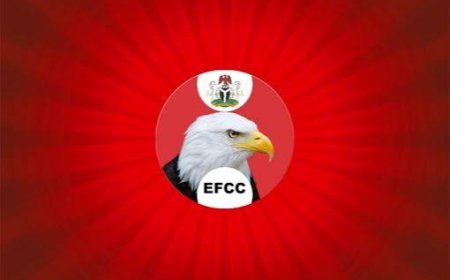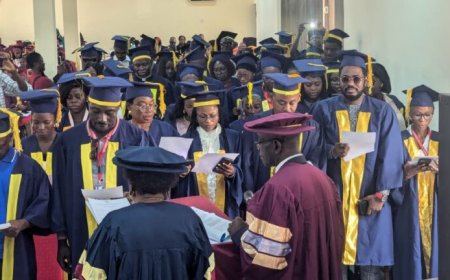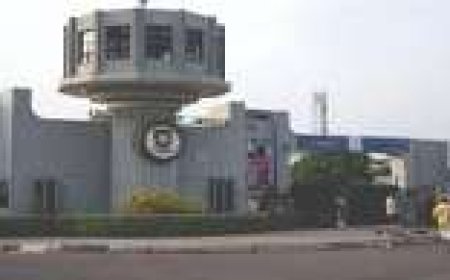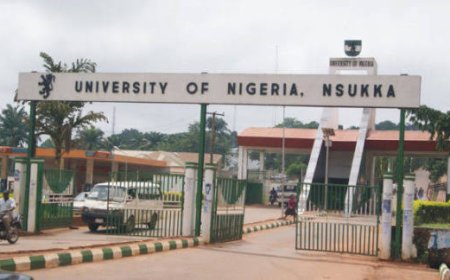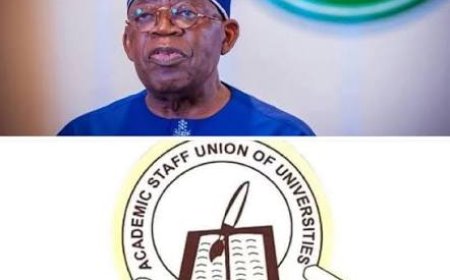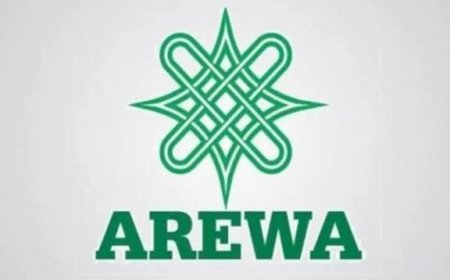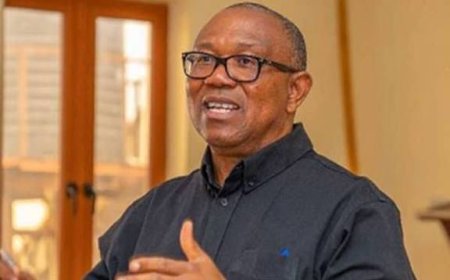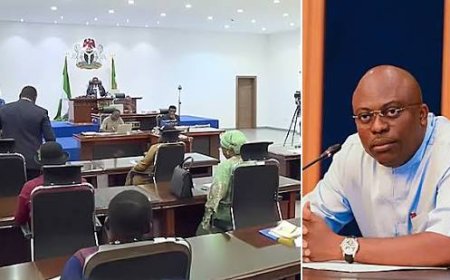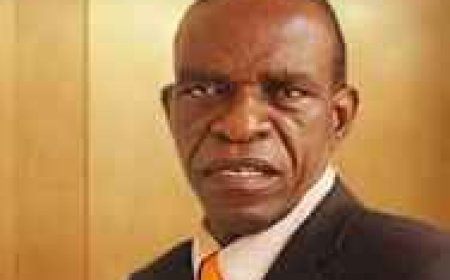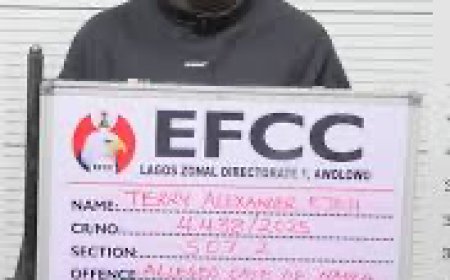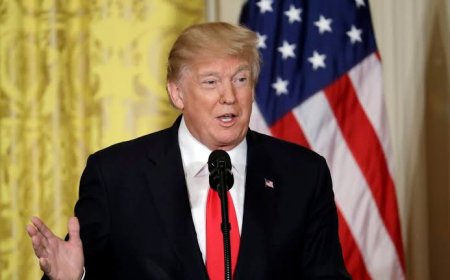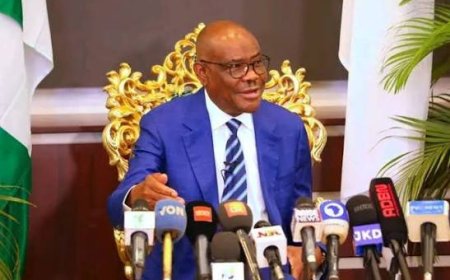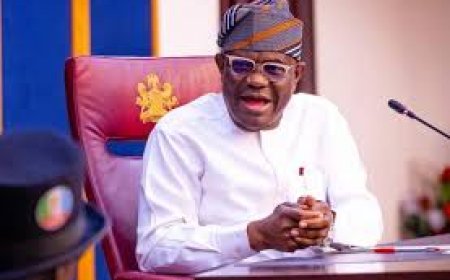Billionaire businessman Femi Otedola recently revisited Nigeria’s controversial fuel subsidy regime, asserting that corruption remains rife in the system. He made this claim while weighing in on the dispute btw the Dangote Petroleum Refinery and fuel marketers.
In his intervention last week, Femi, an ex-major player in the downstream petroleum sector, accused members of the Depot and Petroleum Products Marketers Association of Nigeria, DAPPMAN, a body he claimed he founded, of sustaining a corrupt business model built on subsidy fraud and obsolete infrastructure.
What stood out, however, was Femi's allegation that “over N2 trillion was siphoned through questionable subsidy claims under the Jonathan administration.” Whether this was meant to score cheap political points or ride the corruption chant, the intent to single out one administration for rebuke was clear.
While no one should defend corruption, it is important to respond with factual clarity and historical accuracy. His claims are hypocritical, selective, and reek of a convenient rewriting of history.
The subsidy regime predates Jonathan and lasted decades. It was entrenched under Obasanjo, continued under Yar’Adua, remained during Jonathan’s time, and persisted under Buhari with even greater opacity. To lay the blame solely on Jonathan is misleading, especially as Otedola himself enjoyed enormous privileges during the era.
At the height of the regime, his company, Zenon Petroleum and Gas Ltd, was one of the biggest importers of diesel and other products, controlling as much as 90% of diesel imports and up to 40% of others. The same system he now condemns was one he benefited from immensely.
Indeed, subsidy claims were riddled with fraud. That is why Jonathan instituted the Aigboje Aig-Imoukhuede-led forensic audit panel to unmask the exploiters of the system, including politically connected operators. This was part of the crucial reforms Jonathan initiated to sanitise the sector.
He also moved towards privatisation and deregulation, but vested interests, politicians, opportunistic civil society groups, and profiteers sabotaged the effort. The Occupy Nigeria protests of 2012, used to frustrate deregulation, were partly funded by those who stood to lose from reform. For Femi to now feign moral superiority is disingenuous.
Zenon was among the companies spotlighted during both the Imoukhuede panel’s work and the House of Reps Ad-hoc Committee on Subsidy Payments, chaired by Hon. Farouk Lawan. Nigerians also remember the Otedola-Lawan scandal, in which Femi admitted giving marked money to Lawan, later claiming it was a sting operation. Whether this was genuine or a tactic to evade indictment remains debatable.
Given his proximity to power and central role in the subsidy ecosystem, Femi knows more about the scam than he admits. His comments, while critical of corruption, appear more as image-laundering trying to project himself as a reformer rather than the enabler and beneficiary records show him to be.
Rather than full exposure, Otedola engages in selective revelation, pointing fingers while shielding his own complicity. What he has offered is less a revelation than an inadvertent confession a glimpse into the dark underbelly of a subsidy regime he thrived in.
Any true effort to expose corruption in the petroleum sector is welcome, but it must be made in honesty, full disclosure, and historical accuracy. His attempt to cast himself as a whistleblower rings hollow against the facts of his involvement.
The public merits the whole truth, not curated narratives. If Femi truly wants to help, he should come clean, name names, and support a full independent inquiry into the subsidy regime not just under Jonathan but across all regimes, including those he profited from. He should also explain his dealings with AMCON.
Until then, his accusations amount to nothing more than a pot calling the kettle black.
.... Uma Sani, former Special Adviser (Media) to former Vice President Namadi Sambo
